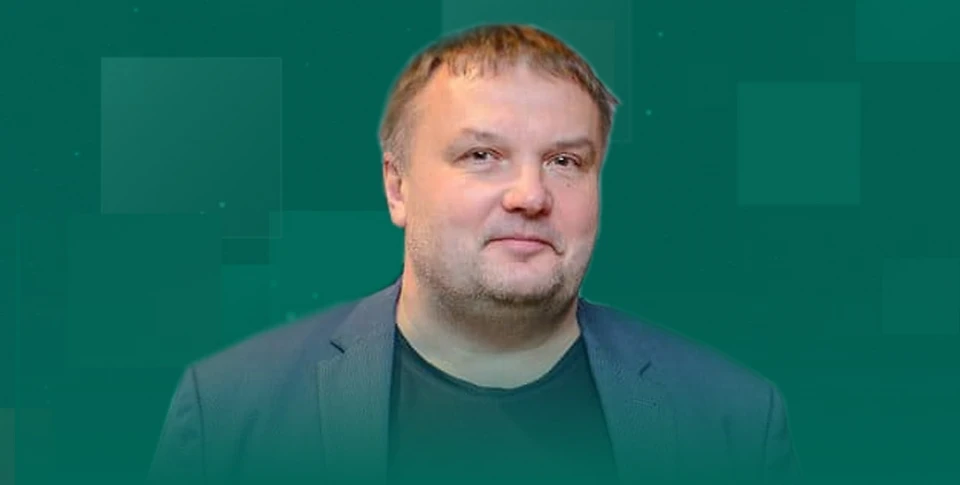
Russia aims to blame Ukraine for disrupting peace talks
One more time about the negotiations that have already begun, but are not there
1. Putin does not want negotiations but understands he will have to participate in them (oil at $50 remains a semi-mythical yet semi-real option). Putin's eventual need to engage in negotiations is virtually a foregone conclusion, forming a fundamental basis for understanding many other developments.
2. Putin has exhausted all resources to raise the stakes (Oreshnik, even if launched at Kyiv, changes nothing). His only remaining option is to attempt an energy blackout of Ukraine, but so far, he has not succeeded.
3. I’ve written several times that Putin’s main dilemma is psychological (or psychiatric). He has failed and will never achieve the main goal of the war — restoring Russia’s status as a global geopolitical power and its unrestricted policing role in the post-Soviet space.
On the other hand, prolonging the war deepens Russia's technological dependence on China. But stopping the war would mean he has lost — not Russia, but Putin personally.
4. The most critical point to note is that, given the circumstances, Putin's strategy of stalling for time may soon evolve into a new approach: imposing conditions aimed at compelling Ukraine to reject negotiations—specifically, the initial round of talks where Washington takes the lead.
Recent discussions have heavily focused on analyzing the American Kellogg Plan, often neglecting the narrative being advanced by Moscow. Meanwhile, Russia has intensified its rhetoric, emphasizing:
- Allegations of the Ukrainian government's illegitimacy.
- Accusations labeling Kyiv as "terroristic" in nature.
In addition, we should not forget about the Istanbul Agreements and the requirements for limiting missile and air defense systems.
5. It is reasonable to assume that the Russians are already factoring Ukraine's upcoming elections into their strategy. While their capacity to directly influence the process is limited—given that the pro-Russian electorate constitutes at most 15%—they are likely devising ways to shift the political landscape in their favor. This could involve imposing deliberately humiliating preconditions, such as excluding specific political players from participating in the elections.
And here they have two goals: to make sure that the negotiations are disrupted by Ukraine, and if this fails, to indirectly influence the outcome of the elections. Although the basic scenario for the Russians now (I repeat, now, because the situation is changing very dynamically on an almost daily basis) is to disrupt the first iteration of the negotiations at the hands of Ukraine.
About the author: Vadym Denysenko, political scientist.
The editors do not always share the opinions expressed by the blog authors.
- News












































